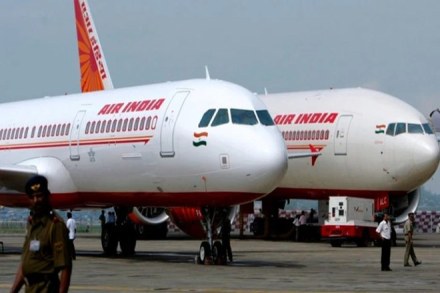The government has done well to remove most of the mindless restrictions that were put in place the last time it sought to privatise Air India (AI) and which ensured no one bid for the haemorrhaging airline; what it says about the earlier decision-making process is another story. Making a complete exit from Air India instead of retaining 24% like the last time around will reassure potential bidders that there will be no government interference, allowing sale-and-leaseback can make the purchase debt-free especially since the government is absorbing more debt, being able to carry forward unabsorbed depreciation and losses helps cushion the balance sheet and relaxing the eligibility criterion means there could be more suitors.
Senseless criterion like the need to run AI “on a going-concern basis” and “on an arms-length basis from (the buyer’s) other business” have been done away with, though it is not clear why the AI brand is to be maintained in the new plan. It is possible the idea is to placate the RSS/swadeshi group who refuse to understand the concept of a national carrier is outdated, but it can pose a problem for an existing airline buyer who may not wish to retain the AI brand; AI’s falling market share should make it clear that its brand loyalty isn’t as high as many think and, as can been seen in many sectors like telecom, the price-value equation is more compelling than brand value. The decision not to give a VRS to AI’s heavily unionized and pampered staff – at one point after the merger, Air India pilots got into a fight with Indian Airlines ones on whom would fly certain aircraft – could be a deal-breaker as a new owner may not want to take on this burden as it unnecessarily makes complicates operations; and given how the government just gave a generous VRS to both BSNL and MTNL to make them leaner, it is not clear why this was not done for AI.
The good news here is that the government has said that, should a potential bidder want, it is open to offering more concessions; to ensure there are no allegations of favouritism later, the government must offer these concessions to all bidders who express interest but chose to walk away during the sale process. If this is not done, they can allege that, had they been given the same concession, they would have bought AI. Though the government claims global ‘ownership and control’ rules make it impossible to allow foreign airlines to buy more than 49% of a domestic one – this would make AI’s bilateral rights useless – this is not strictly true; a CAPA paper gives instances (https://bit.ly/2Ry6Fn1) where countries/airlines have negotiated this. Had the government worked on this, rather than dismissing it outright, more foreign airlines may have been interested in AI. Despite all the sensible changes made for the AI sale this time around, these are tough times, and the government may still not get a buyer. Whether it will shut down the obviously unviable airlines – at least in government hands – is then the critical question since it will signal the government’s attitude towards PSUs.
